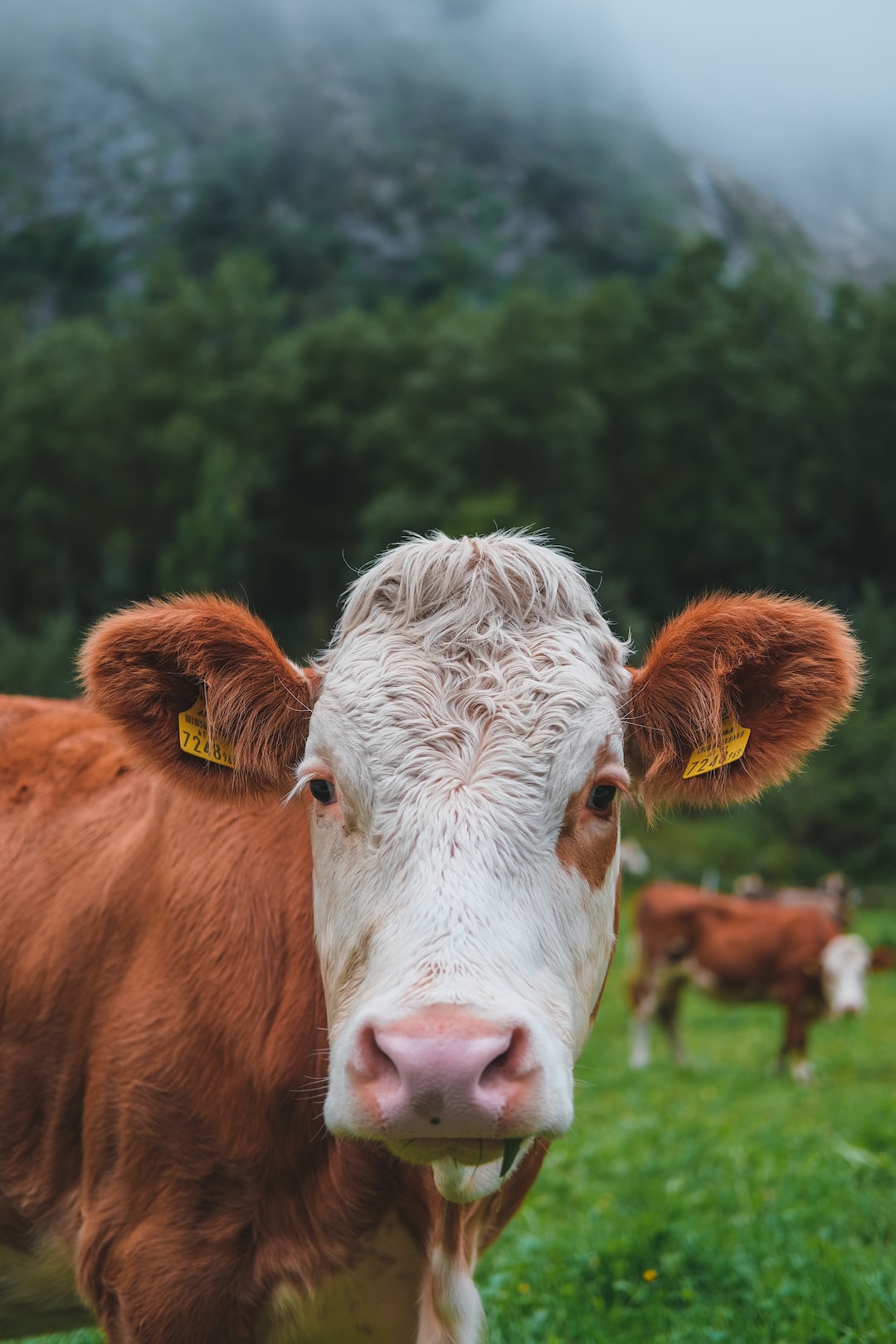The Benefits of Having Pets for Children’s Development
Pets have always held a special place in our hearts, providing us with unconditional love and companionship. But did you know that having pets can also greatly benefit the development of children? Studies have shown that growing up with pets can have a positive impact on a child’s emotional, social, cognitive, and physical development. In this blog post, we will explore some of the key benefits of having pets for children’s development.
One of the most significant advantages of having pets is the emotional development that children experience. Pets, such as dogs or cats, can provide a sense of comfort and security to children, offering a source of unconditional love and companionship. This can be particularly important for children who may feel lonely or stressed. Research has shown that interactions with pets can reduce anxiety and stress levels in children, leading to improved emotional well-being. The presence of a pet can also teach children about empathy, as they learn to understand and care for the needs of another living being.
In addition to emotional development, pets can also have a positive impact on a child’s social development. Dogs, for example, are known to be social animals that require regular exercise and interaction. This means that children with dogs are more likely to engage in outdoor activities and meet new people, increasing their social interactions and developing their social skills. Pets can also provide a sense of responsibility for children, as they must take care of feeding, grooming, and exercising their pet. This can teach children important life skills such as responsibility, discipline, and commitment.
Cognitive development is another area that can benefit from having pets. Interacting with animals can stimulate a child’s curiosity and cognitive abilities. For example, children can learn about different breeds, animal behavior, or how to train and communicate with their pets. This hands-on experience can enhance their problem-solving skills, critical thinking, and creativity. Furthermore, taking care of a pet requires establishing routines and schedules, which can help children develop better time-management and organizational skills.
Pets can also contribute to a child’s physical development. Owning a pet means there will be more physical activity involved, whether it’s walking a dog, playing fetch, or simply running around with their furry friend. This increased physical activity can lead to improved motor skills, coordination, and overall physical fitness. It can also help combat sedentary behavior in children, which is increasingly becoming a health concern. Additionally, studies have shown that children with pets have lower chances of developing allergies and asthma, as exposure to pet dander early on can strengthen their immune system.
It’s important to note that owning a pet also comes with some responsibilities and considerations. Parents must ensure the safety of both the child and the pet, and carefully choose the type and size of the pet based on the child’s age and development. Regular veterinary visits, proper training and socialization, and maintaining a clean environment are all essential aspects of pet ownership.
In conclusion, having pets can bring numerous benefits to a child’s development. From emotional and social to cognitive and physical, pets can contribute to various aspects of a child’s growth. They offer companionship, teach responsibility, promote empathy, and encourage physical activity. However, it is vital to remember that pet ownership requires commitment and proper care. With the right measures in place, the bond between pets and children can provide a mutually rewarding and enriching experience.

